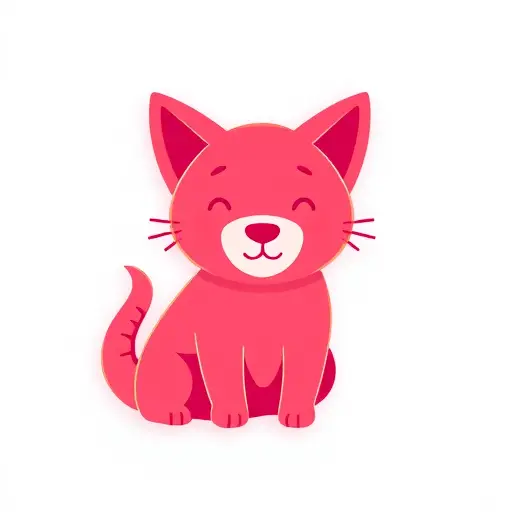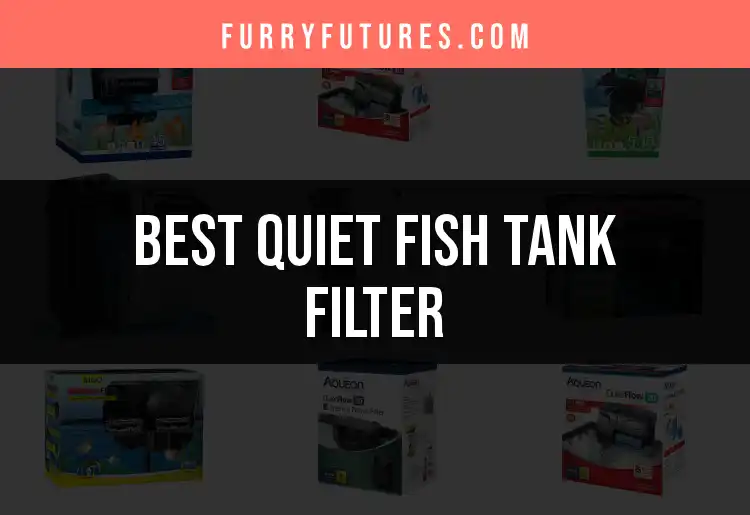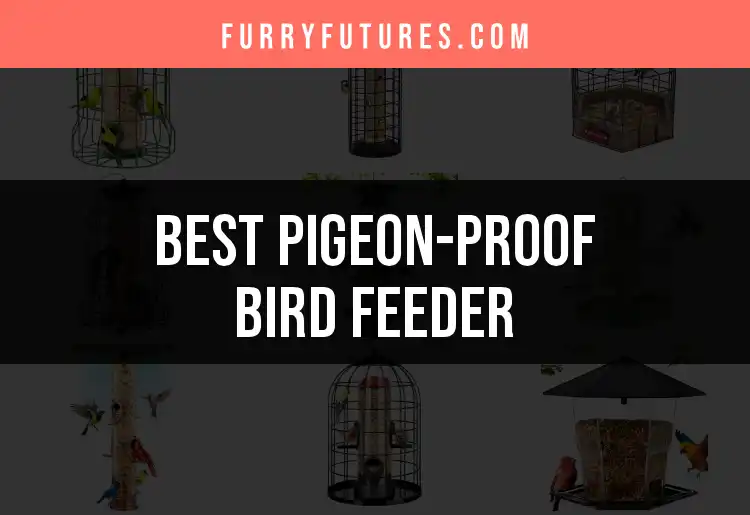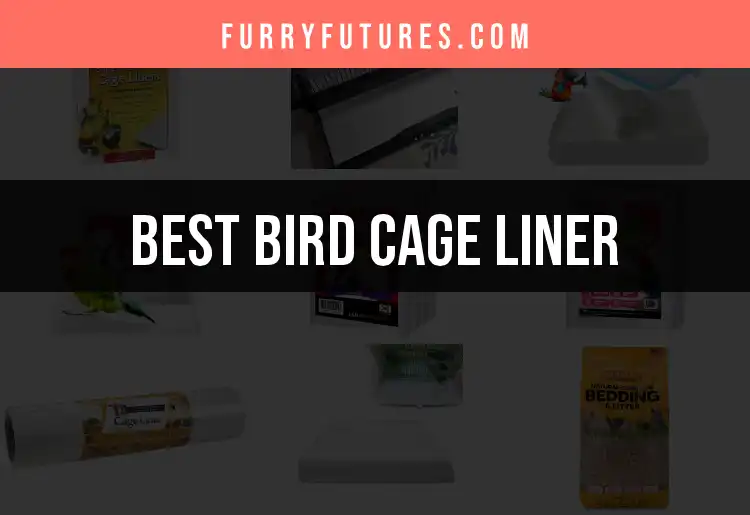When considering adding a furry (or scaly) friend to your home, small pets offer a delightful option for many households. Small pets encompass a variety of animals, including hamsters, guinea pigs, rabbits, birds, reptiles, and rodents. They tend to require less space and resources compared to larger pets, making them ideal for those in apartments or those with limited yard space.
The benefits of keeping small pets extend beyond companionship. These animals can be less expensive to care for than larger pets and often require less intensive training. Additionally, they can provide joy and fulfillment, particularly for children, teaching them about responsibility, empathy, and care. However, prospective owners should carefully consider their choices, ensuring they understand the unique needs and characteristics of each pet type before bringing one home.
Choosing the Right Small Pet
Factors to Consider
Before diving into the world of small pets, it’s crucial to think about your living situation and your personal preferences regarding pet ownership.
- Space Requirements: Understanding space needs is essential; larger pets like rabbits will require more room to hop around, while hamsters can thrive in smaller cages. Assess the area you can dedicate to a pet and choose accordingly to avoid overcrowding.
- Lifespan Expectations: Different small pets come with various lifespan expectations. For instance, while hamsters usually live for 2-3 years, rabbits can have lifespans of up to 10 years. Being prepared for the long-term commitment is vital for prospective pet owners.
- Temperament and Behavior: It’s important to understand potential behavior traits before choosing a pet. For example, guinea pigs are social creatures that thrive in pairs, while some hamsters may prefer solitude. Knowing these quirks can aid in creating a healthier environment for both pet and owner.
- Dietary Needs: An understanding of dietary requirements is crucial to keeping your pet healthy. Research the types of food and supplements your pet may require, as this affects their energy levels, growth, and overall well-being.
Popular Small Pets Overview
Some of the most beloved small pets include:
- Hamsters: Known for their playful antics, hamsters are often the first choice for children. They are low-maintenance and come in various breeds, each with unique characteristics. However, they do have a tendency to be nocturnal, which means they may be more active at night.
- Guinea Pigs: These social animals thrive on companionship, making it advisable to keep them in pairs. They also have gentle temperaments and enjoy being held, which can make them wonderful companions for children.
- Rabbits: Playful and affectionate, rabbits can be litter trained and require regular handling to remain socialized. Understanding how to care for a rabbit’s specific needs, including exercise and a proper diet, is essential.
- Birds: From parakeets to canaries, birds often have vibrant personalities and can be trained to mimic sounds. Birds also enjoy social interaction, which can create a rewarding experience for pet owners.
- Reptiles: Species like bearded dragons can provide a unique pet experience. However, they often require specialized environments and diets, making it essential for potential owners to research their needs thoroughly.
- Rodents: Mice and rats may often be overlooked as pets, but they can be quite engaging and are known for their intelligence. They need mental stimulation and social interaction, making them delightful companions if given the right environment and care.
Adoption vs. Purchase
When selecting a small pet, you will need to choose between adopting from a shelter or purchasing from a breeder or store. Adoption has numerous advantages, including saving a life and providing a home to a pet in need. Many shelters and rescue organizations often have small pets looking for loving families. Adoption not only fulfills your desires as a pet owner but also contributes positively to the lives of animals in need.
If you prefer to shop, ensure you do your research on reputable breeders or pet stores. Ethical breeding practices must be taken into consideration to prevent health issues in your new pet. It’s essential to visit the facility, inquire about the pet's lineage, and ensure they have been treated humanely.
Home Setup for Small Pets
Essential Supplies for Small Pets
Creating a comfortable and safe environment is essential for your small pet’s overall well-being. Providing an engaging, clean, and spacious habitat will drastically improve their quality of life.
Cages and Aquariums
Your first step will be selecting a proper habitat for your chosen pet. For instance:
- A teddy bear hamster cage should provide enough space and complexity for your hamster to thrive. Hamsters are naturally curious and active, so look for cages that offer multiple levels, tunnels, and hiding spots. For those seeking quality options, you can check out the recommendations here.
- If you’re considering birds, a bird cage for parrotlets is crucial for their health. Your bird will require enough space to spread its wings and move comfortably. Make sure the cage has suitable perches and safe toys to keep your bird engaged. Explore the specifics in our detailed guide here.
- Don’t forget about aesthetics and functionality; using vibrant and appealing axolotl tank decor can create a stimulating environment for aquatic creatures. It's vital to ensure that decorations are safe for your pets and don’t have sharp edges. Dive into our favorites here for inspiration.
Feeding Supplies
Proper nutrition is foundational for your pet's health.
- An automatic fish feeder simplifies regular scheduled feedings, ensuring your fish are well-fed even when you are away. Maintenance for fish tanks can become time-consuming, but with the help of an automatic feeder, you can guarantee your fish maintain a consistent diet and healthy feeding routine. To learn more about maximizing your fish's well-being, check the options available here.
- If you're a bird lover, selecting the right red factor canary food will be a key factor in maintaining their vibrant colors and overall health. A balanced diet should include a mix of seeds and fresh produce to unleash their full potential. Check out our recommendations for the best food here.
- Finally, consider a container to store bird seed securely, as this will keep it fresh and pest-free. Proper storage prevents moisture, pests, or spoilage from compromising your bird’s diet. Learn about the best storage solutions here.
Water Supply
Hydration is crucial for all pets.
- An automatic chicken waterer can consistently provide fresh water for your poultry. Ensuring that chickens always have access to clean drinking water is fundamental for their health and productivity, as dehydration can lead to serious health issues. Discover how an automatic solution can ease your daily routine here.
- For smaller pets such as chinchillas, a reliable chinchilla water bottle is essential to ensure they stay hydrated while minimizing mess in their habitat. Given that chinchillas are sensitive to their environment, having clean, accessible water helps support their overall health. Look into the best options available here.
Feeding and Nutrition
Nutritional Needs of Various Small Pets
Understanding the specific needs of your pet is essential for creating a diet that promotes their health and longevity. Each small pet has unique dietary requirements that are crucial.
Rodents, for example, typically thrive on a diet that consists of a balanced mixture of high-quality pellets, fresh vegetables, and occasional treats. Fresh produce provides essential vitamins while helping to maintain hydration. Birds often require a seed or pellet diet supplemented with a variety of fruits and vegetables for balanced nutrition. Researching the specific dietary needs is critical in preparation for bringing a new pet home.
Best Food Options
Choosing top-quality food is imperative to promoting your pet's health. Generic pet food may not meet their unique needs, leading to nutritional deficiencies. Always read the labels and choose brands with high-quality ingredients. If you remain unsure, speak with a veterinarian for guidance regarding suitable foods for your small pet.
Feeding Accessories
To simplify feeding and ensure a clean feeding environment, consider investing in the following:
- Automatic feeders that dispense food at regular intervals can be beneficial for reflex feeding. You’ll be able to maintain a consistent feeding schedule even on days when you’re busy.
- Securely storing your pet food helps keep it fresh and free from pests. Your chosen storage solutions can significantly affect the quality of the diet you give your pets.
Health and Wellness for Small Pets
Regular Veterinary Care
Establishing a routine for regular veterinary check-ups can identify health issues before they become serious problems. Small pets, like any animals, are susceptible to diseases; prevention is always better than cure. Find a veterinarian specializing in small animals to ensure the best care outcome for your pet, and schedule yearly visits to keep track of their health.
Common Health Issues
Different types of small pets experience specific health issues that owners should be aware of. For example, rats are known for developing respiratory problems, particularly when kept in unclean habitats. Maintaining cleanliness and a good environment helps prevent illnesses. Additionally, you may want to research common signs of distress or illness for early detection and treatment.
Preventive Care
Implementing a preventive care routine can make all the difference in your pet's health. Regular grooming not only enhances their appearance but contributes to health by preventing skin problems and matting in fur. Additionally, some pets require dental care or specific vaccinations that can help ward off diseases. A proactive approach will ultimately save costs and improve your pet's quality of life.
Toy and Enrichment Options
Importance of Enrichment
Engaging your small pet in stimulating activities is a crucial aspect of responsible pet ownership. Boredom in small pets can lead to destructive behaviors, stress, or health issues. Thus, providing cognitive challenges fosters their natural instincts and keeps their minds and bodies active, leading to happier, healthier pets.
Recommended Toys
Adding toys to your pet's environment can significantly enhance their living space, inspiring imaginative play.
- Toys for Senegal parrots are essential for their active minds and social tendencies. Bird toys can provide entertainment and physical exercise, which are vital for maintained mental health. Explore our recommendations to keep your feathered friends engaged here.
- Toys for goats are equally important for their mental engagement and physical exercise. Goats are naturally curious and require stimulation to remain healthy. For an array of top picks that will keep your goats happy and entertained, visit our guide here.
- In addition, there are various general toys available for rodents that promote chewing and other natural behaviors. When selecting toys, consider safe materials and varying shapes and textures to keep your pet intrigued.
Behavior and Training
Understanding Small Pet Behavior
Experimental evidence shows that understanding each small pet's unique behaviors significantly impacts your interactions with them. Each species has its own set of instincts; recognizing and fostering these traits helps build trust and a nurturing relationship. Keeping an open mind towards your pet's natural habits allows for a more harmonious living environment.
Training Basics for Small Pets
Training is an essential part of pet ownership; it enhances the bond between you and your pet while helping them adapt to their home. Use treats and positive reinforcement to coach your pets on basic commands. Early socialization is particularly beneficial for preventing behavioral problems down the line.
- Techniques such as clicker training effectively teach your pet new tricks or commands while reinforcing desired behaviors. This training method helps the pet associate the sound with a reward, encouraging them to repeat the desired behavior in the future.
Dealing with Pests
Understanding the Need for Pest Control
If your small pets are housed in outdoor environments or certain situations, dealing with pests may become necessary to protect them from common intruders. Evaluating potential risks and implementing pest control measures ensures a safe and healthy living space for both you and your pets.
Pest Solutions
There are various pest control methods to consider.
- Roof rat traps can provide a reliable solution for households facing rodent problems. Implementing a trap not only protects your home but also safeguards your pets from potential diseases carried by wild rodents. For detailed options that verge on effective and humane solutions, you can read more here.
- If you prefer a more humane approach, a humane rat trap can be a great solution. These traps allow for capture without harm, letting the rodents be released far from your home. Explore the best methods for humane trapping here.
- Additionally, consider using an ultrasonic squirrel repeller to keep pests away from your small pet's habitat, providing an additional layer of protection each day. This device produces high-frequency sounds that deter squirrels without causing them harm. Learn more about this pest control solution here.
Aquarium Setup and Maintenance
Setting Up an Aquarium
Whether a beginner or an experienced aquatic hobbyist, understanding the nuances of aquarium care is vital to ensuring your aquatic pets thrive. A properly maintained aquarium is critical in delivering a safe living space for your fish and keeping water quality high.
Best Practices for 30-Gallon Aquarium Filter
Choosing the right filtration system is necessary for maintaining clean and healthy water. A good filter will remove toxins while providing a proper flow rate tailored to your tank’s size and residents. You'll find recommendations and details about the best 30-gallon aquarium filter options here.
Filters for Larger Tanks
If you decide to explore larger tanks, options like a 50-gallon aquarium filter can provide the necessary support for maintaining water quality. The filtration system chosen must fit the specific type of aquatic life you're keeping. To learn more about maintaining a happy system, delve into our guide here. For those with very large setups, selecting a 100-gallon aquarium filter can be a smart choice for clean water conditions. Considering this scale, you can check tailored options for larger tanks here.
Ammonia Removers for Fish Tanks
It's essential to maintain safe water conditions for fish, as spikes in ammonia can lead to toxicity and health issues. Using an ammonia remover can be crucial in keeping your aquarium's water quality in check. Products specifically designed for this purpose can provide immediate relief to problematic situations. Explore the most effective options here.
















